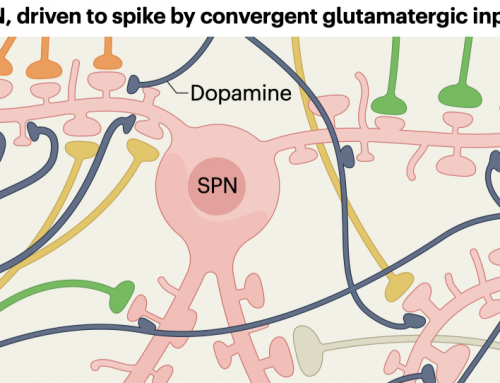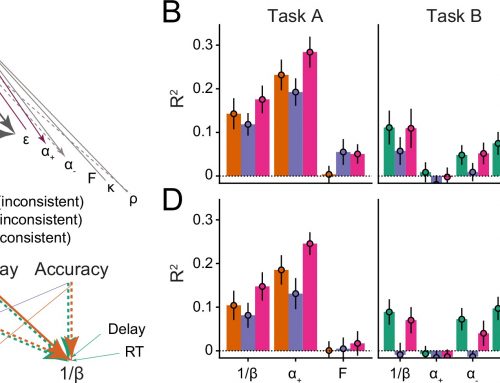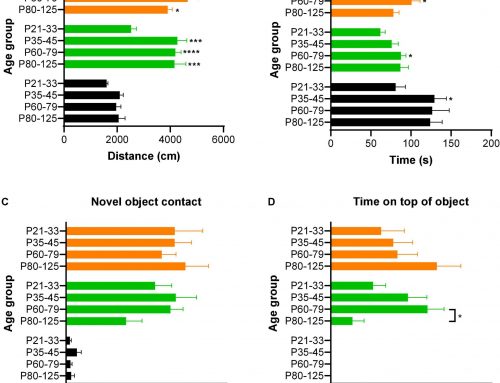Environmental stress and deprivation increase vulnerability to substance use disorders in humans and promote drug-seeking behavior in animal models. In contrast, experiences of mastery and stability may shape neural circuitry in ways that build resilience to future challenges. Cognitive training offers a potential intervention for reducing vulnerability in the face of environmental stress or deprivation. Here, we test the hypothesis that brief cognitive training can promote long-term resilience to one measure of drug-seeking behavior, cocaine conditioned place preference (CPP), in mice. In young adulthood, mice underwent cognitive training, received rewards while exploring a training arena (i.e. yoked control), or remained in their home cages. Beginning 4 weeks after cessation of training, we conditioned mice in a CPP paradigm and then tested them weekly for CPP maintenance or daily for CPP extinction. We found that a brief 9-day cognitive training protocol reduced maintenance of cocaine CPP when compared to standard housed and yoked conditions. This beneficial effect persisted long after cessation of the training, as mice remained in their home cages for 4 weeks between training and cocaine exposure. When mice were tested for CPP on a daily extinction schedule, we found that all trained and yoked groups that left their home cages to receive rewards in a training arena showed significant extinction of CPP, while mice kept in standard housing for the same period did not extinguish CPP. These data suggest that in early adulthood, deprivation may confer vulnerability to drug-seeking behavior and that brief interventions may promote long-term resilience.
Josiah Boivin, Denise Piscopo, Linda Wilbrecht, Brief cognitive training interventions in young adulthood promote long-term resilience to drug-seeking behavior. Neuropharmacology




